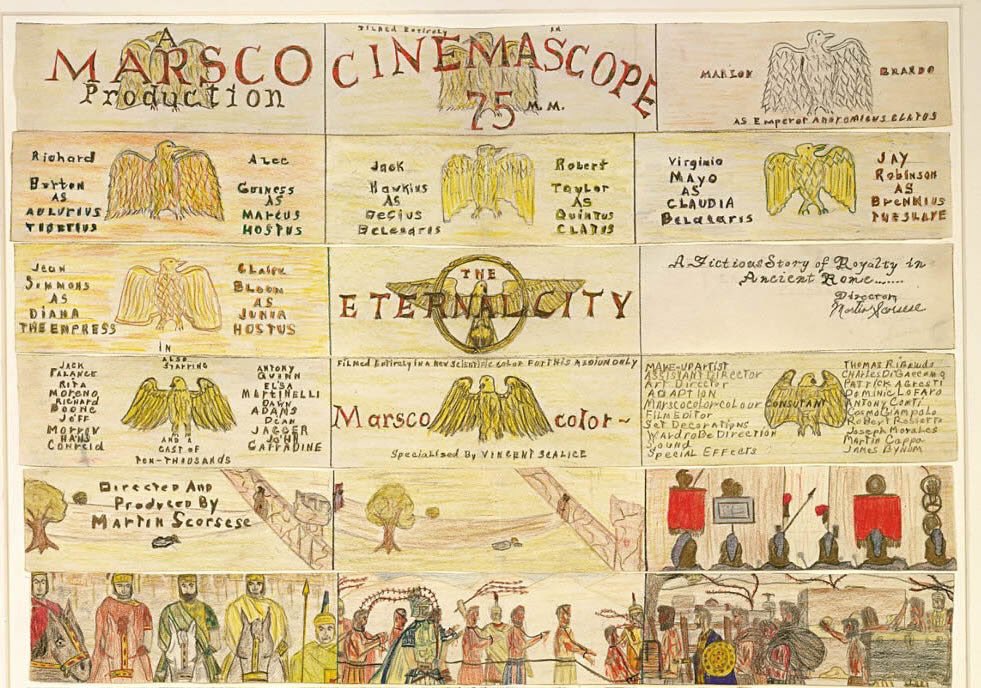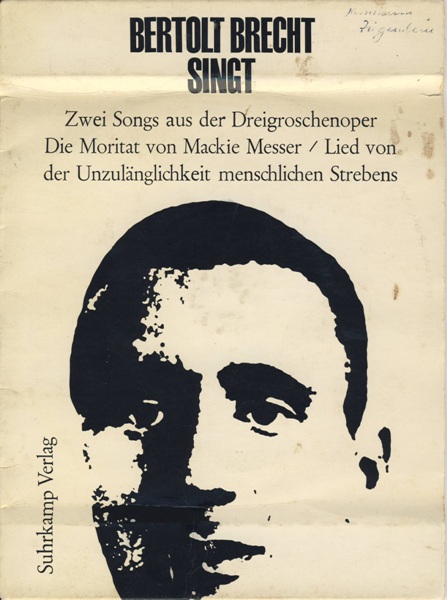The Partially Examined Life, The History of Philosophy Without Any Gaps, Philosophy Bites, Philosophize This!: we’ve featured quite a few entertaining and educational fruits of the still-new discipline of podcasting’s inclination toward the very old discipline of philosophy. But the podcast has proven an even better fit for comedians than it has for philosophers. Even if you’ve never downloaded an episode in your life, you’ve almost certainly heard about the medium-legitimizing successes of intelligent, conversational, highly opinionated, or otherwise unconventional funnymen like Ricky Gervais with The Ricky Gervais Show, Adam Carolla with his also-eponymous podcast, and Marc Maron with WTF. Yet nobody dared to explicitly cross podcasting’s comedic and philosophical strengths until last year, when Danny Lobell launched Modern Day Philosophers (web site — itunes — soundcloud).
Lobell, himself a pioneer in not just philosophical comedy podcasting but comedy podcasting, and indeed podcasting itself, began his comic-interviewing show Comical Radio a decade ago. “As podcasting grew in popularity,” he writes, “many celebrity comedians started doing similar shows to the one I was doing. [ … ] Before I knew it, what I had once felt was a unique and important undertaking now no longer seemed like it served a purpose in the universe for me.” This dark night of the soul saw him move from New York to Los Angeles, this cradle of so many podcasts comedic and otherwise, where he turned his attention back toward the subjects he neglected in school. He paid special attention to philosophy, but struggled to understand the material. “I realized that my friends, stand up comedians, would make great study partners. I’ve often heard us referred to as the philosophers of our day which I figured sounded like a good enough excuse to approach them.”
And so Lobell has produced 40 episodes and counting featuring philosophical discussions conducted with some of today’s sharpest comics, many of them star podcasters in their own right. One recent conversation finds Lobell in conversation about John Cage — a philosophical figure too often dismissed as primarily an artist — with the cerebral, chance-oriented, and somewhat askew Reggie Watts (top). (The pairing makes especially good sense, since Cage influenced Brian Eno, and Watts has publicly discussed Eno’s influence on his own act.) A few months ago, Lobell talked the suicide-minded Arthur Schopenhauer with the once-suicide-minded Artie Lange (middle). And he even brings in elder statesmen of comedy to talk about matters eternal, such as Carl Reiner on religion, prayer and memory as reflected upon by Maimonides (above). Each episode contains a healthy consideration of not just the work of the philosopher in question, but that of the comedian as well. Personally, I can’t wait to hear what Yakov Smirnoff has to say about his fellow Russian artist-philosopher of note, Fyodor Dostoyevsky.
H/T Mark Linsenmayer, a founder of Partially Examined Life
Related Content:
The Partially Examined Life: A Philosophy Podcast
The History of Philosophy Without Any Gaps – Peter Adamson’s Podcast Still Going Strong
Philosophy Bites: Podcasting Ideas From Plato to Singularity Since 2007
Download 100 Free Philosophy Courses and Start Living the Examined Life
Take First-Class Philosophy Courses Anywhere with Free Oxford Podcasts
Colin Marshall hosts and produces Notebook on Cities and Culture and writes essays on cities, language, Asia, and men’s style. He’s at work on a book about Los Angeles, A Los Angeles Primer. Follow him on Twitter at @colinmarshall or on Facebook.





